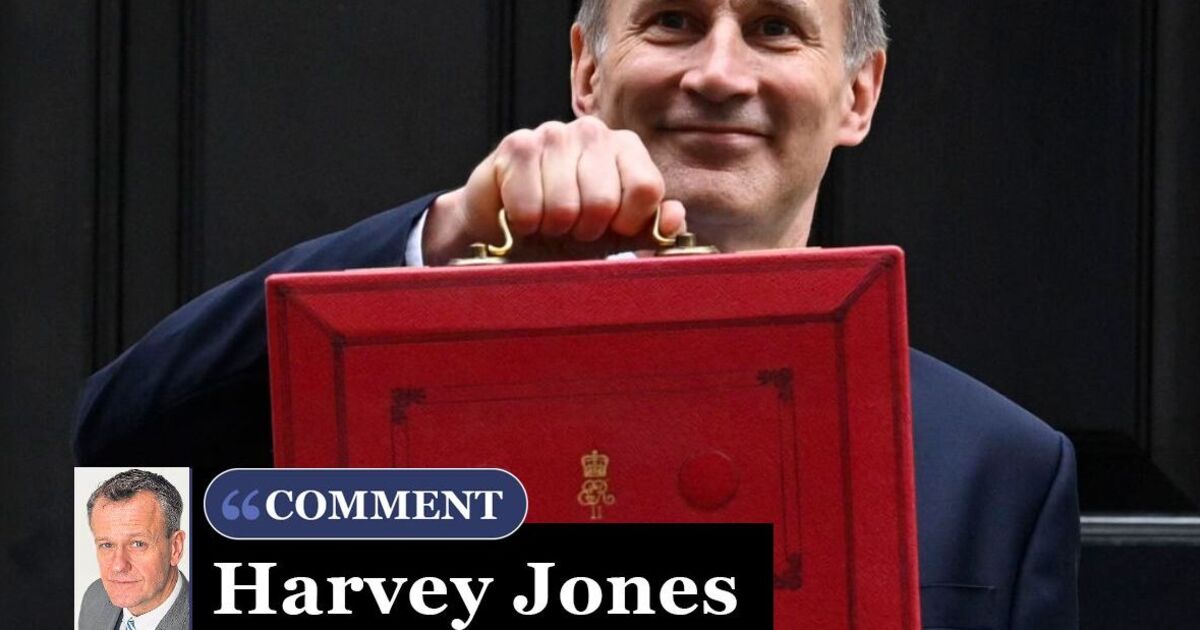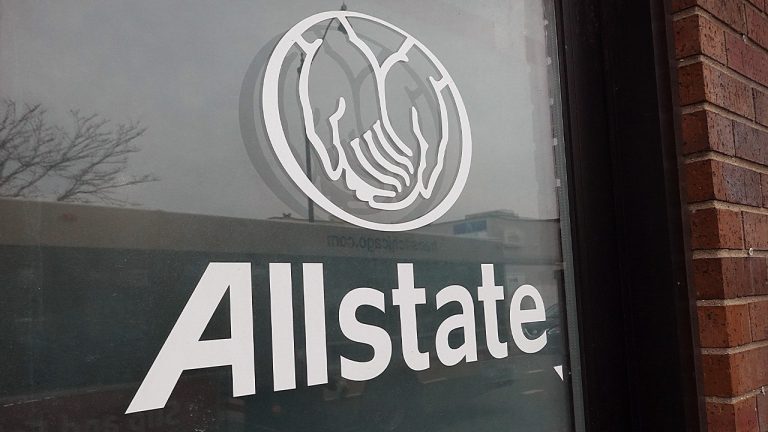
Mr Hunt is rumoured to be planning to lop 1p or 2p off income tax or National Insurance in his last chance to revive ailing Tory fortunes before the country goes to the polls.
But financial experts say he needs to go further to ease the tax burden – now at a 70-year high – and give Britons a huge pre-election boost.
Inheritance tax is the UK’s most unpopular levy and is due to make the HMRC a record £7.3billion this year.
The burden is increasingly falling on middle-income Britons, with the super-rich hiring experts to avoid the trap.
Not only would scrapping it ease the financial and administrative burden on grieving families, it would boost entrepreneurship by encouraging more people to set up businesses knowing they can pass on all the wealth generated to their family.
There are also growing calls for Mr Hunt to make targeted cuts to the stamp duty land tax, which one expert called a Treasury “cash grab”. This would help revive the struggling property market.
Stamp duty can add tens of thousands of pounds to the cost of buying a home, which stifles the jobs market by making it costly for homeowners to move for work.
It also worsens the property crisis by trapping “empty nester” owners in large family homes that they struggle to heat and maintain.
Many argue that if Hunt does not take this opportunity to scrap inheritance tax, he may never be able to do so with Labour likely to win the election.
Basically, it’s now or never.
Callum McGoldrick, researcher at the TaxPayers’ Alliance, said the Conservative Party has been talking about scrapping inheritance tax for years but this is its last chance before the election. “Abolishing stamp duty could increase tax revenues by encouraging growth.”
Sean McCann, chartered financial planner at NFU Mutual, also thinks axing the charge could be a vote winner
At the very least, Mr Hunt should consider increasing the inheritance tax nil-rate band, which has been frozen at £325,000 since 2009, said McCann.
Property values have increased dramatically in the subsequent 15 years, said Nigel Bishop of buying agency Recoco Property Search. “Raising it from £325,000 to £500,000 for a single person or £1million for couples would be along overdue move.”
Under current plans, Hunt will continue to freeze the band at £325,000 until 2028 – but accountancy firm HW Fisher’s tax partner Stevie Heafford called for a rethink. She said many families will have to pay for the first time as a result. “If he was to unfreeze the cap, many could avoid paying the tax altogether.”
Karen Barrett, founder of financial advice service Unbiased, said inheritance tax was originally aimed at wealthy families. But rising house prices mean it hits middle earners.
She added: “Is it fair to force people to pay a hefty 40 percent tax on their inheritance just six months after a loved one has died?”
Tom Clougherty, of the Institute of Economic Affairs, called on Mr Hunt to axe stamp duty as it gums up the property market and deters transactions. “Scrapping it would deliver a lasting boost to the economy, and make us all better off.”
READ MORE: Jeremy Hunt declares it is his ‘moral duty’ to cut taxes as he finalises Budget
Homebuyers forked out £9,937 in stamp duty on average in 2023, almost double the £5,600 paid a decade ago, according to Coventry Building Society. Spokesman Jonathan Stinton, called it “an easy cash grab for the Treasury but a huge burden on homebuyers”.
Mark Harris, chief executive of mortgage broker SPF Private Clients, said a stamp duty cut could get the market moving again after property transactions dropped to a 12-month low in January as mortgage rates rose. Mr Harris added: “Anything that would boost transactions and get the market moving would be welcome.”
Tomer Aboody, director of property lender MT Finance, said easing the tax “would help transactions along and provide a boost to the wider economy”.
While Chris Sykes, technical director at mortgage broker Private Finance, said a stamp duty cut should be directed at those at the top end of the ladder who are looking to downsize and thereby freeing up larger properties for families.








